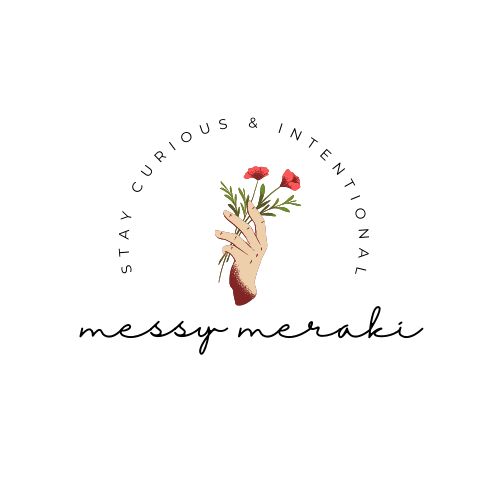I used to think social work and photography were two very different things, that photography would always be my hobby and social work my career but I’m learning that that isn’t necessarily the case. In chapter one, Orwig states, “creativity is essential to life. It’s like the oxygen that gives us life and the sunshine that provides growth. Creativity is like an electric current to illuminate our path. It is a fire that reinvigorates our resolve to do what matters most. Creativity is hope when all seems lost. It sustains us so that we can thrive. When the creative juices flow, we become more productive and alive. We move forward and accomplish impossible tasks”. How does this NOT intertwine with wellbeing and mental health? The thing with art therapy is that it has a reputation as being for people who are already skilled in that medium, but that’s not the case. Sure there may require a very basic understanding of how to use whatever tools required, whether that is a pencil or a camera, but masters in the field of art are not the only people who can (or should) benefit from creativity or art-making. “Creativity is a gift from the divine, but it isn’t limited to a specialized group”.
Additionally, creativity is one of few things that actually thrives on overcoming difficulties. “Creativity doesn’t hinge on getting everything right… [it] flourishes when times get tough. The tougher the times, the more creativity grows”. This can be used in two ways: 1) as a form of self care, or 2) as a form of therapeutic photography to help yourself, or a client, face their problem and utilize a creative medium to solve or overcome their problem. Creativity is a means of expression, of thought and intention in the purest form. The more it is utilized, the stronger and more meaningful it will become.


